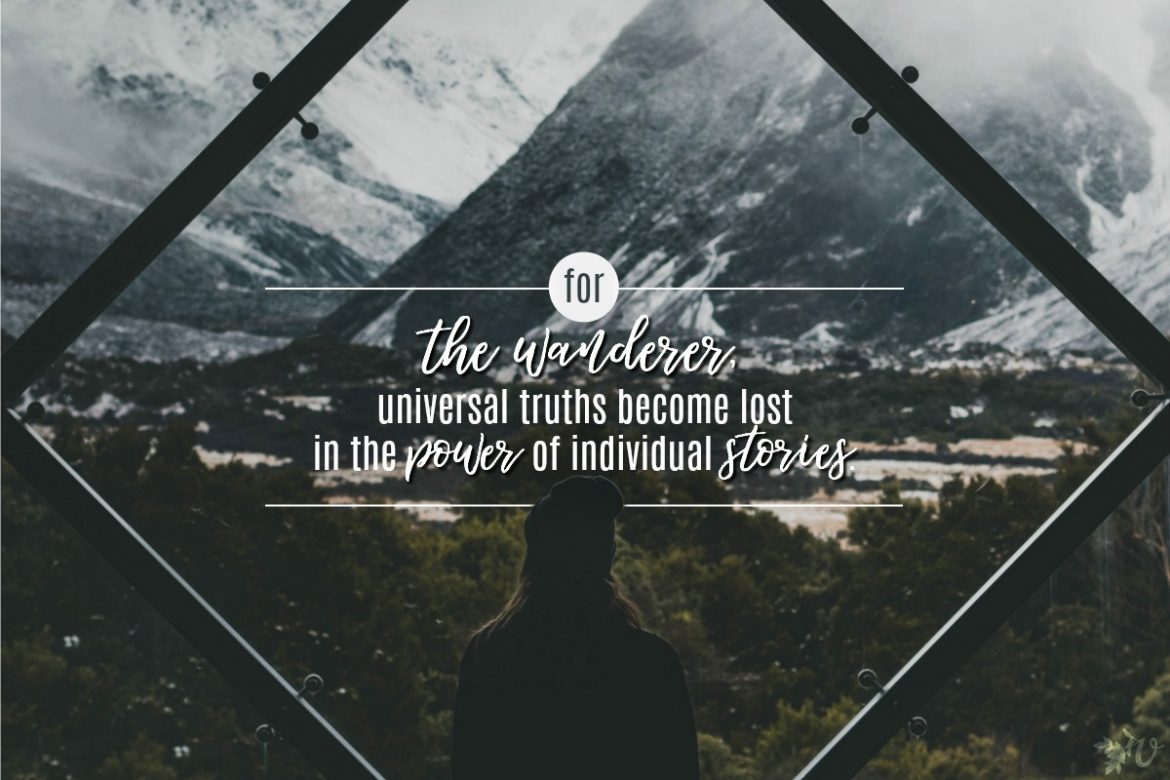ethnocentrismˌ ɛθnə(ʊ)ˈsɛntrɪz(ə)m/
noun
evaluation of other cultures according to preconceptions originating in the standards and customs of one’s own culture.
Feelings on race relations are running hot through the blood of many in my social circles lately. I’m speaking from the perspective of an American, watching from afar as my country is a host to polarizing political speech and public protests on the regular.
I deeply desire to engage in the conversation. I ache to be a part of positive societal change back in my homeland.
But what I’m noticing is that bridging the gap between ethnic groups is incredibly difficult when people have never stepped into the life of someone who looks or acts differently than themselves.
I’m consistently told that racism doesn’t exist in 2018. That in a country where “all men are created equal” there is true equality. That it is not the responsibility of one race to look out for the other, but that individual choices determine the direction of one’s life outcomes.
And honestly, I sometimes stutter in disbelief. I don’t know how to respond to people denying their own ethnocentrism.
I have a feeling that those of us who wander have experienced the same frustration. And perhaps we only feel comfortable accepting our own ethnocentrism because we’ve felt it being peeled off layer by layer, stripping us slowly of those things we thought were universal truths.
For the wanderer, universal truths have become lost in the power of individual stories.
We’ve learned that there is more than one method to achieving the same outcome. Across the globe, people are creative and capable and coexist in a number of ways.
People can
look different and
act different and
eat different and
work different and
care different and
drive different and
decorate different and
medicate different and
celebrate different and
IT CAN STILL BE RIGHT.
People can hold different values and be equally valuable.
This is what the wanderer knows. Because we’ve seen it work. And we’ve accepted that our ways are not higher or better, nor are our neighbors’ ways higher or better. People are people and different is just…different.
I suppose we all battle ethnocentrism. It’s a human thing.
But the more we travel, the more we accept difference and the less we lord our ways over others.
As long as our wandering hearts are bound to the Father, He will continue to reveal His love for all of mankind. My prayer for those of us reading today is that we will find poignant ways to share His Truths about our neighbors that honor and protect their inherent worth.
———–
How has travel influenced your understanding of ethnocentrism? How have you wrestled with coming to love new places and people from around the world? How do you engage in conversations where you feel you are alone in your experiences and perspective?
Photo by Liam Simpson on Unsplash





I first heard the word in 84, before traveling to Uganda with the first group of students at Covenant College that Henry Krabbendam would bring. There was little that prepared me for the devastation of Idi Amen’s terror reign that I would see and hear about. That word though made me think, again and again. It led me to study anthropology; but moreso to see people without judging them based on my limited and biased opinions. I am so thankful for learning the word before going. Now, I realize it’s my job to continue passing it along. Thanks for the great reminder!
David,
Thank you so much for sharing this story and your history with this concept and idea…I love how your experiences led you to studying anthropology. What a gift you must be to those you work alongside. Blessings to you!